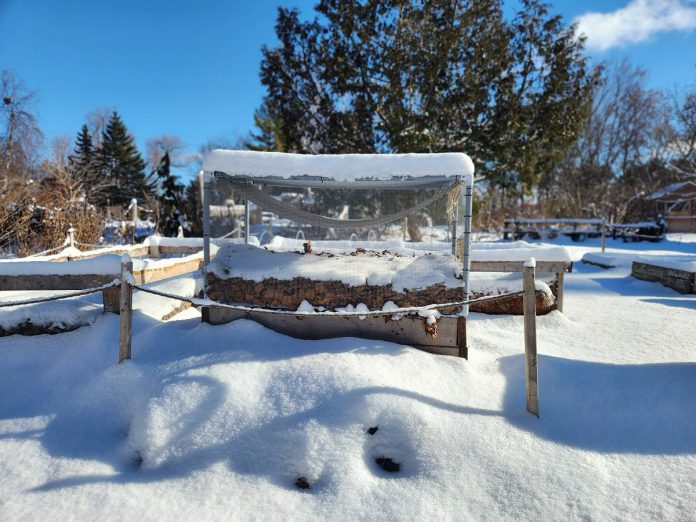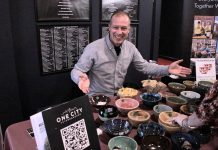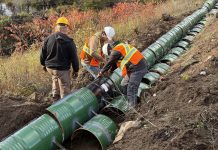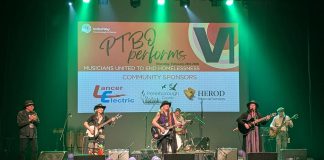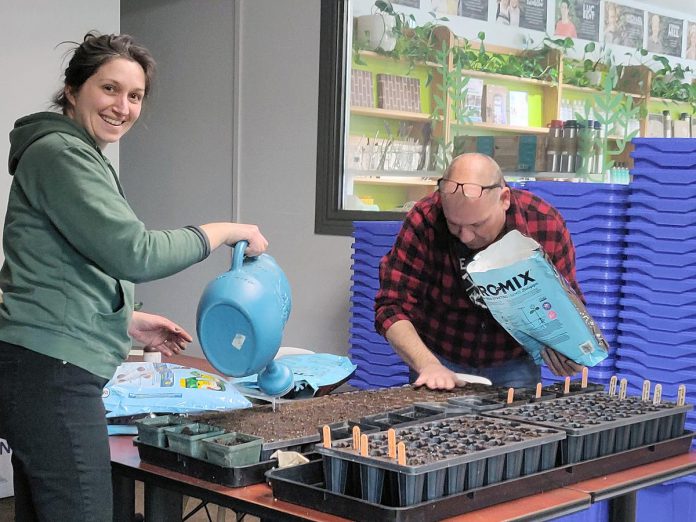
In this week’s column, GreenUP native plant propagation coordinator Hayley Goodchild shares a bit about her humbling journey through growing native plants from seed, and how the process has affected her philosophy around gardening.
My first attempt at growing native plants from seed was humbling. As an experienced vegetable gardener, I thought it would be easy to extend my hobby to native wildflowers and grasses.
That year, all I yielded was a well-earned dose of humility.
The built-in dormancy of many native seeds makes them harder to grow than your average annual flower or vegetable. They often need to be exposed to conditions that mimic winter before they will germinate. Some seeds are much pickier than others about what sort of winter they have.
Thankfully, my propagation skills have grown by leaps and bounds. Yours can too. But why bother when native plants can be purchased at many local nurseries, including GreenUP Ecology Park?
Learning to propagate native plants improves plant literacy, which makes you a better gardener.
By growing your own, you learn to identify native plants at all stages of their growth, which has many practical benefits for gardening. If you’ve ever spent a morning agonizing over whether to pull or leave a plant that you don’t recognize, you’ll know what I mean. Poor plant identification is one of the biggest stumbling blocks for new gardeners, which leads to weedy, overgrown gardens that are hard to manage.
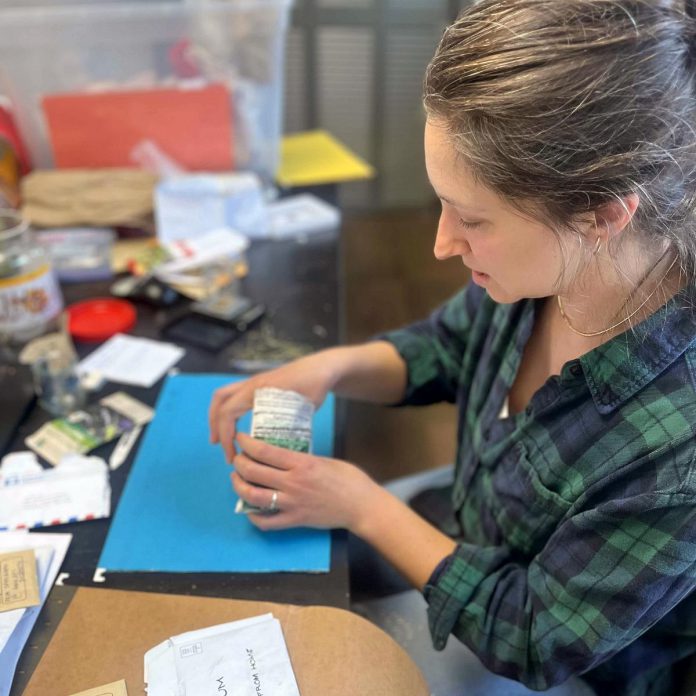
You will also get to know the subtleties of species’ needs in a way that isn’t possible by reading the back of a nursery tag. Observing how plants respond to small changes in light, moisture, and temperature allows you to better match plant to place and teaches you when to bend the rules.
(It is fashionable to claim that native plants prefer poor soil, but this cliché obscures more than it explains. The truth is that some species in our region prefer thrifty, bone-dry conditions, while others thrive in moist, nutrient rich soils. Many prefer a mix of conditions that are found in highly specific ecosystems.)
Growing native plants from seed also changed my philosophy around gardening. It confirmed for me that gardening can and should be more than another form of luxury consumerism.
Engaging with the full cycle of a plant’s existence reminds me that ecologically-informed gardening is a way of tending to the world at a time when Earth’s biophysical systems are screaming at us to change our collective ways.
Of course, there is nothing wrong with buying native plants from reputable nurseries as part of your garden practice. I certainly do!
Nursery-grown plants save years of time when establishing a garden, and the selection is often wider than what you can grow yourself.
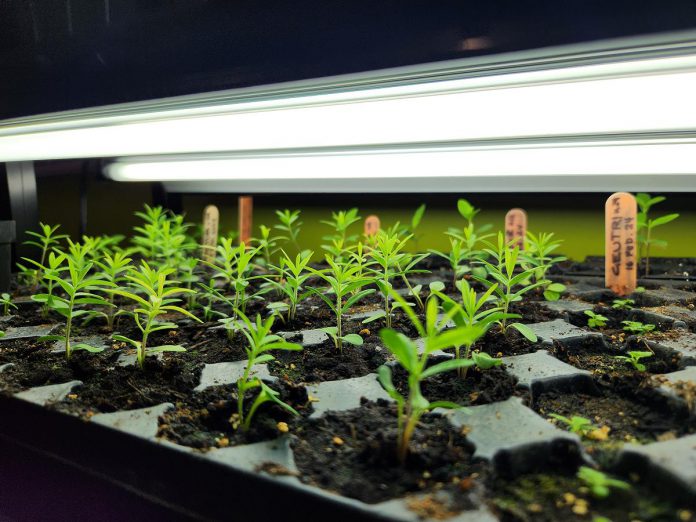
Another stumbling block for gardeners who want to grow their own plants is finding suitable seed. The unfortunate reality is that the seeds of many native species are not available for sale commercially in Canada.
Buying plants from a nursery, such as GreenUP Ecology Park, is a great way to get started with propagation in an ethical way.
In time, you may have more than enough seeds to share with wildlife and neighbours alike!
Join GreenUP Ecology Park staff for a hands-on stratification and seed starting workshop, Starting Native Plants from Seed, on Saturday, February 8 from 1 to 4 p.m. All materials will be provided. Pre-registration is required and there is a $15 fee to attend. For more information or to register, visit nativeplantsfromseed.eventbrite.ca.
In 2025 there will also be hands-on volunteer opportunities at GreenUP Ecology Park for gardeners who want to learn more about propagation and maintaining native plant gardens. Be sure to stay tuned to our website and social media channels for more information about these opportunities.
The cold stratification workshop and other propagation activities at GreenUP Ecology Park are funded by a grant from the Ontario Trillium Foundation until late 2025. For more information, contact Hayley Goodchild, GreenUP native plant propagation coordinator, at hayley.goodchild@greenup.on.ca.
